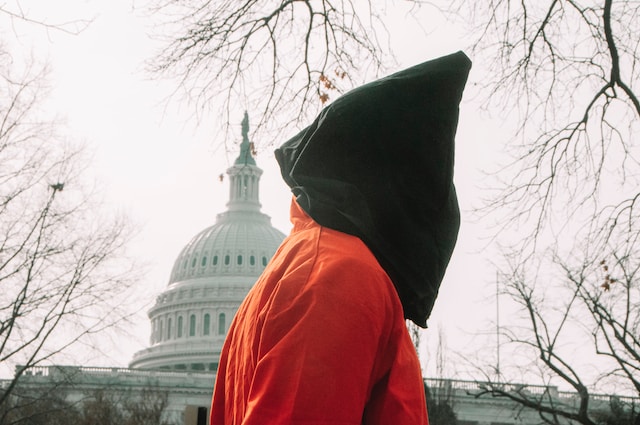WILMINGTON, DELAWARE—On Wednesday, July 26, Robert “Hunter” Biden, 53, faced U.S. District Judge Maryellen Noreika for his scheduled sentencing hearing. Hunter Biden pleaded not guilty to two misdemeanor tax evasion charges. There was also a felony firearm charge filed against Hunter Biden during his last court appearance, that was to be dropped if the presiding Judge agreed to the plea deal. She did not immediately agree.

Photo by Maria Oswalt via Unsplash.
Judge Noreika, who was appointed by former President Donald J. Trump, was not swayed by the attempt to drop the felony firearm charges against Biden. The Judge asked if Biden was currently under investigation.
Weiss answered yes on behalf of his client. He then indicated that he could not disclose any more information regarding the investigation against Hunter Biden.
Multiple reports indicate that federal investigators are currently investigating Hunter Biden’s finances and business dealings from when Hunter Biden sat on the board for Burisma Holdings LLC., and his father was serving the Obama Administration as Vice President.
Then, Judge Noreika asked Hunter Biden,
“Without me saying I’ll agree to the plea agreement, how do you plead? Hunter Biden responded, “Not guilty, your honor.”
The Judge then gave Hunter Biden’s legal defense team 30 days to come up with an explanation as to why she should accept a plea deal.
According to the Bureau of Alcohol, Tobacco, Firearms, and Explosives, a person “who is an unlawful user of or addicted to any controlled substance (as defined in section 102 of the Controlled Substances Act, codified at 21 U.S.C. § 802) may not be in possession of a firearm.”
Hunter Biden has admitted publicly that he struggled with addiction. He was found in possession of a firearm. A Colt Cobra .38 Special was found in Biden’s possession during his time with addiction.
The following information came from a June 2023 press release that may be found on the Department of Justice website:
“If convicted, he faces a maximum penalty of 12 months in prison on each of the tax charges and a maximum penalty of 10 years in prison on the firearm charge. Actual sentences for federal crimes are typically less than the maximum penalties. A federal district court judge will determine any sentence after taking into account the U.S. Sentencing Guidelines and other statutory factors.”






